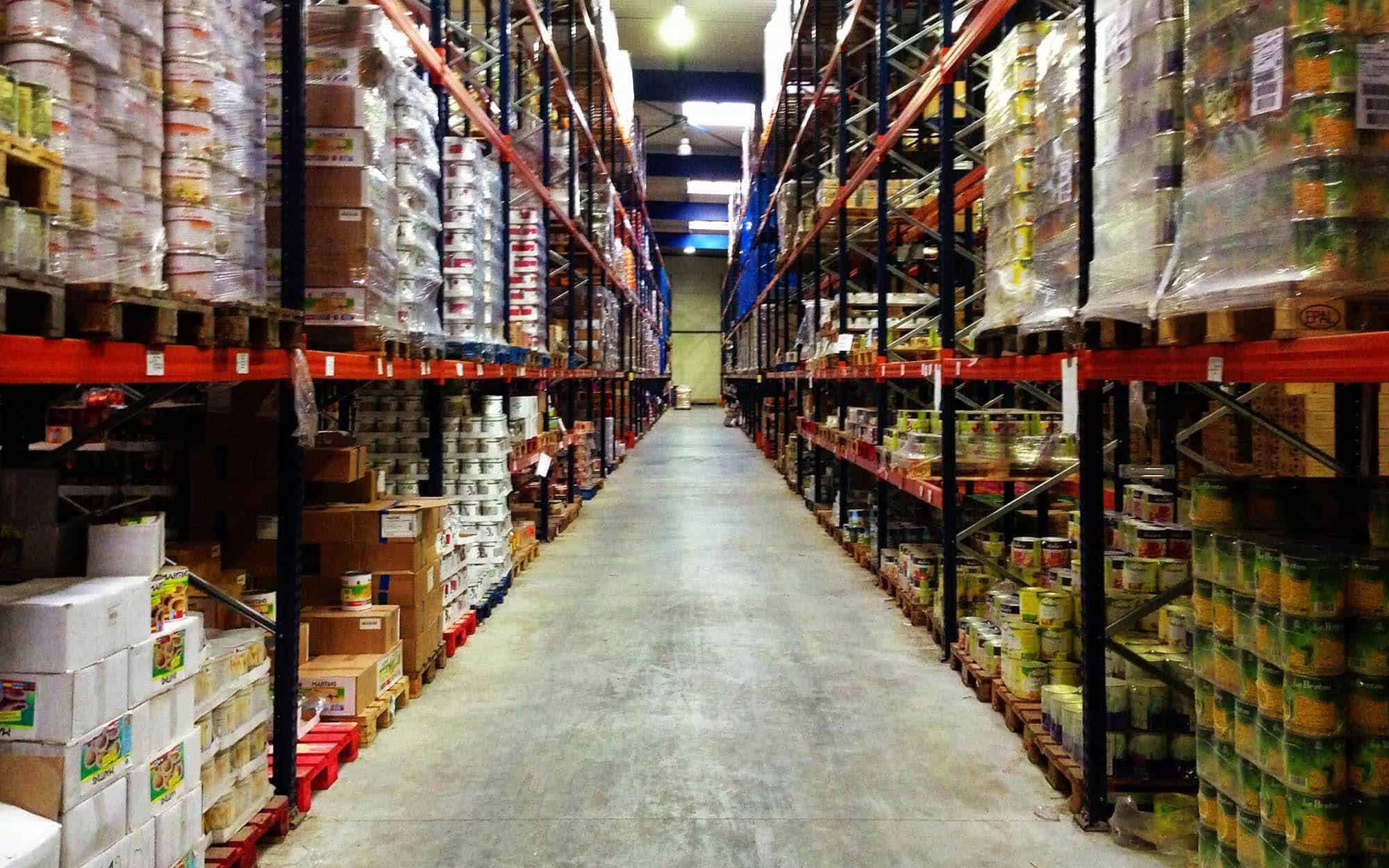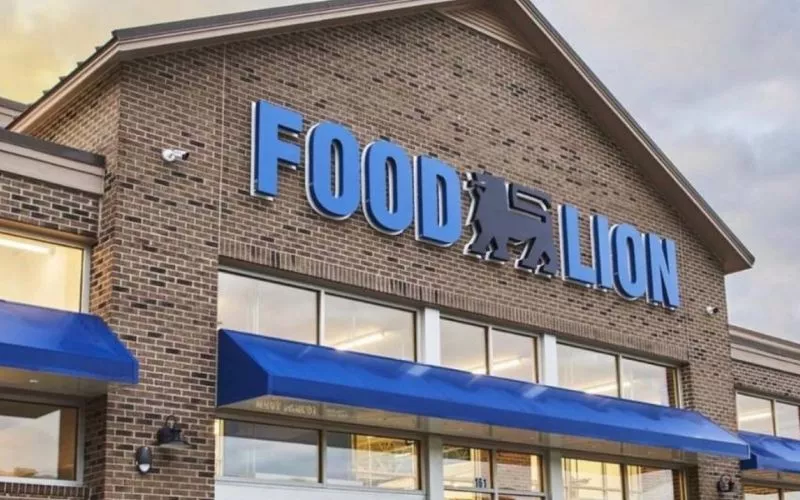Food safety is a critical aspect of any nation’s regulatory landscape, but within the dynamic economic environment of the United Arab Emirates (UAE), it’s a matter that intertwines the meticulous standards of packaging with the pivotal requirements of the food industry. This blog post will dissect the multifaceted necessity of food grade certification for packaging materials in the UAE, exploring its implications for stakeholders, its procedural intricacies, and the broader benefits it brings to the food ecosystem of the region.
Understanding Food Grade Certification
In the UAE, food grade certification for packaging materials is more than just red tape— it’s a stringent requirement designed to safeguard public health and fortify the reputation of the nation’s burgeoning food sector. This certification ensures that packaging materials do not transfer harmful substances to food and are safe for their intended use. It’s not just a preference; it’s a demand regulators, manufacturers and consumers take very seriously.
Why Food Grade Certification Matters
The significance of food grade certification revolves around three pivotal points:
- Ensuring Food Safety: The UAE’s commitment to stringent food safety standards means that every element that comes into contact with food needs to be thoroughly vetted.
- Regulatory Compliance: Adhering to food grade certification is non-negotiable. It’s a statutory requirement that needs to be met before a product can legally enter the food supply chain.
- Consumer Trust and Confidence: Certification is not just a regulatory checkbox; it’s a statement to consumers that a brand values their health and has taken the necessary measures to ensure the safety of its products.
The Certification Process in the UAE
The path to obtaining food grade certification in the UAE navigates through a meticulous process regulated by several bodies, weaving through a landscape of standards, tests, and documentation.
Regulatory Bodies Involved
The UAE’s food packaging industry falls under the purview of several regulatory bodies, including the Emirates Authority for Standardization and Metrology (ESMA), which plays a central role in setting and enforcing packaging standards in the country.
Requirements and Standards
The requirements for food grade certification in the UAE are governed by local and international standards, with a focus on the materials used in packaging, hygiene, and standards for food contact substances.
Certification Procedures
The certification process is comprehensive. It involves an initial assessment of the packaging material’s suitability, followed by a battery of tests to determine its safety for use with different types of food. Once the material passes these tests, it is issued a certificate that is valid for a specified period.
Impact on Different Stakeholders
The ramifications of food grade certification are far-reaching and affect various players within the UAE’s food and packaging industries.
Food Manufacturers
For food manufacturers, the requirement for food grade certified packaging materials can mean a significant shift in their supply chains and an increase in production costs. However, it also presents an opportunity to demonstrate commitment to quality and safety, which can enhance brand reputation and potentially increase market access.
Packaging Industry
The packaging industry is directly impacted by the need for food grade certification. It must invest in research, technology, and compliance in order to offer packaging materials that meet the stringent standards.
Regulatory Authorities
Regulators are tasked with enforcing the certification standards, ensuring that all packaging materials used comply with food safety and contact regulations. This requires a dedicated framework for assessment and oversight to maintain the integrity of the certification process.
Benefits of Using Certified Packaging Materials
The move towards food grade certification elevates the standards of the UAE’s food packaging industry, offering significant benefits beyond regulatory compliance.
- Enhanced Brand Reputation: Certified packaging sends a clear message to consumers and the market—your brand values safety and quality.
- Reduced Risk of Contamination: The stringent demands of certification ensure that packaging is less likely to introduce contamination to food.
- Compliance with Legal Requirements: Using certified packaging materials provides legal protection and peace of mind, assuring businesses that they are operating within the bounds of the law.
Challenges in Obtaining Certification
While the benefits of certification are clear, the path to achieving it can be riddled with challenges that often involve significant investments both in time and finances.
Cost and Time Constraints
Obtaining food grade certification is not a quick or inexpensive process. It can require substantial investment in testing, equipment, and expertise.
Compliance with Evolving Standards
The food industry is not static, and neither are packaging standards. Keeping up with evolving certification requirements can be a constant battle for industry players, requiring them to be agile and committed to continuous improvement.
Case Studies or Examples
Understanding the practical application of food grade certification in the UAE is crucial. We acknowledge and will dissect how businesses have successfully navigated and benefitted from the certification process.
Conclusion
Food grade certification for packaging materials in the UAE is not merely a regulatory formality; it’s a foundational element that supports the country’s burgeoning food industry, underpinning the pillars of public health, regulatory adherence, and consumer confidence. By taking the necessary steps to engage with the certification process, businesses can harness the benefits of a robust and evolved ecosystem where safety and quality thrive. The pursuit of certification is, therefore, not just about meeting a requirement, but about advancing the industry and ensuring the UAE remains at the forefront of global food safety standards.



